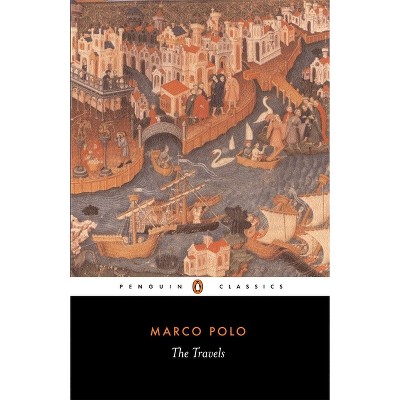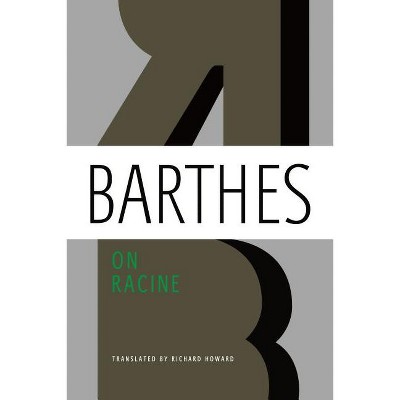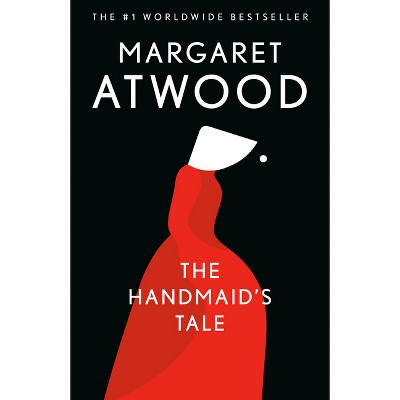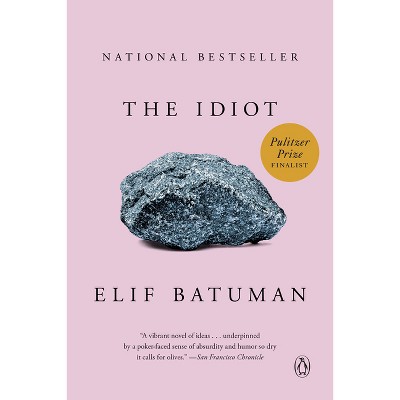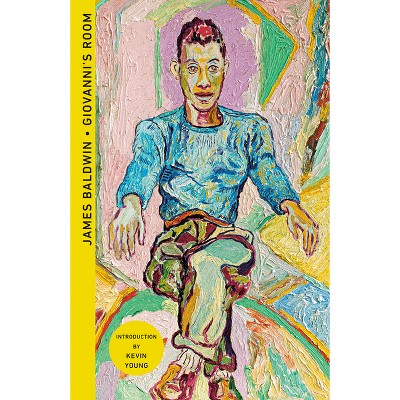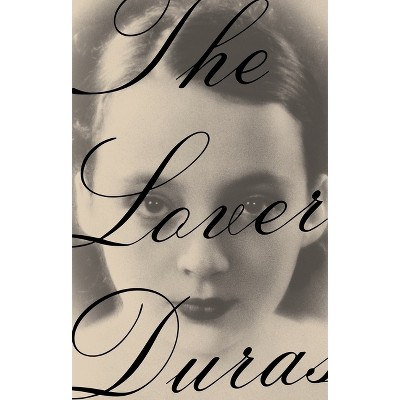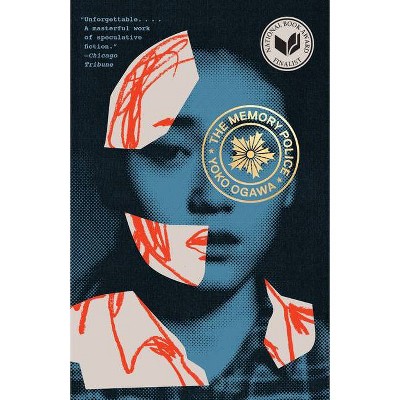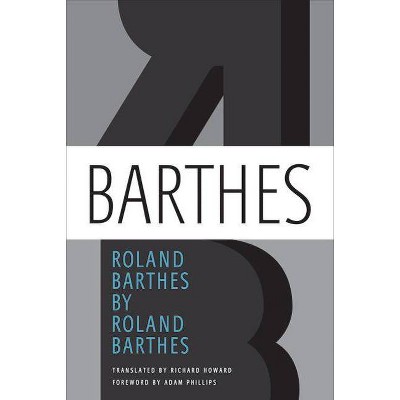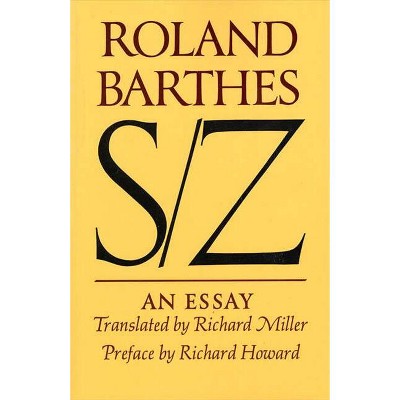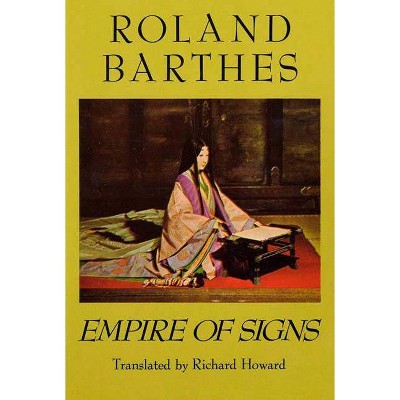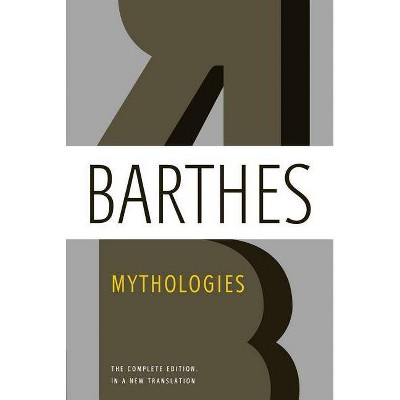Sponsored

Camera Lucida - by Roland Barthes (Paperback)
In Stock
Sponsored
About this item
Highlights
- Camera Lucida, Roland Barthes's personal, wide-ranging, and contemplative volume--and the last book he published--finds the author applying his influential perceptiveness and associative insight to the subject of photography.Commenting on artists such as Avedon, Clifford, Mapplethorpe, and Nadar, Barthes presents photography as being outside the codes of language or culture, acting on the body as much as on the mind, and rendering death and loss more acutely than any other medium.
- About the Author: ROLAND BARTHES was born in 1915.
- 144 Pages
- Literary Collections, Essays
Description
Book Synopsis
Camera Lucida, Roland Barthes's personal, wide-ranging, and contemplative volume--and the last book he published--finds the author applying his influential perceptiveness and associative insight to the subject of photography.
Commenting on artists such as Avedon, Clifford, Mapplethorpe, and Nadar, Barthes presents photography as being outside the codes of language or culture, acting on the body as much as on the mind, and rendering death and loss more acutely than any other medium.
Review Quotes
"[Barthes] has accomplished in this extraordinary book something finer than mere polemic. En route to his last painful discovery, Barthes takes the reader on an exquisitely rendered, lyrical journey into the heart of his own life and the medium he came to love, a medium that flirts constantly with the 'intractable reality' of the human condition." --Newsweek
About the Author
ROLAND BARTHES was born in 1915. A French literary theorist, philosopher, and critic, he influenced the development of schools of theory, including structuralism, semiotics, existentialism, social theory, Marxism, and post-structuralism. He died in 1980.
Shipping details
Return details
Frequently bought together




